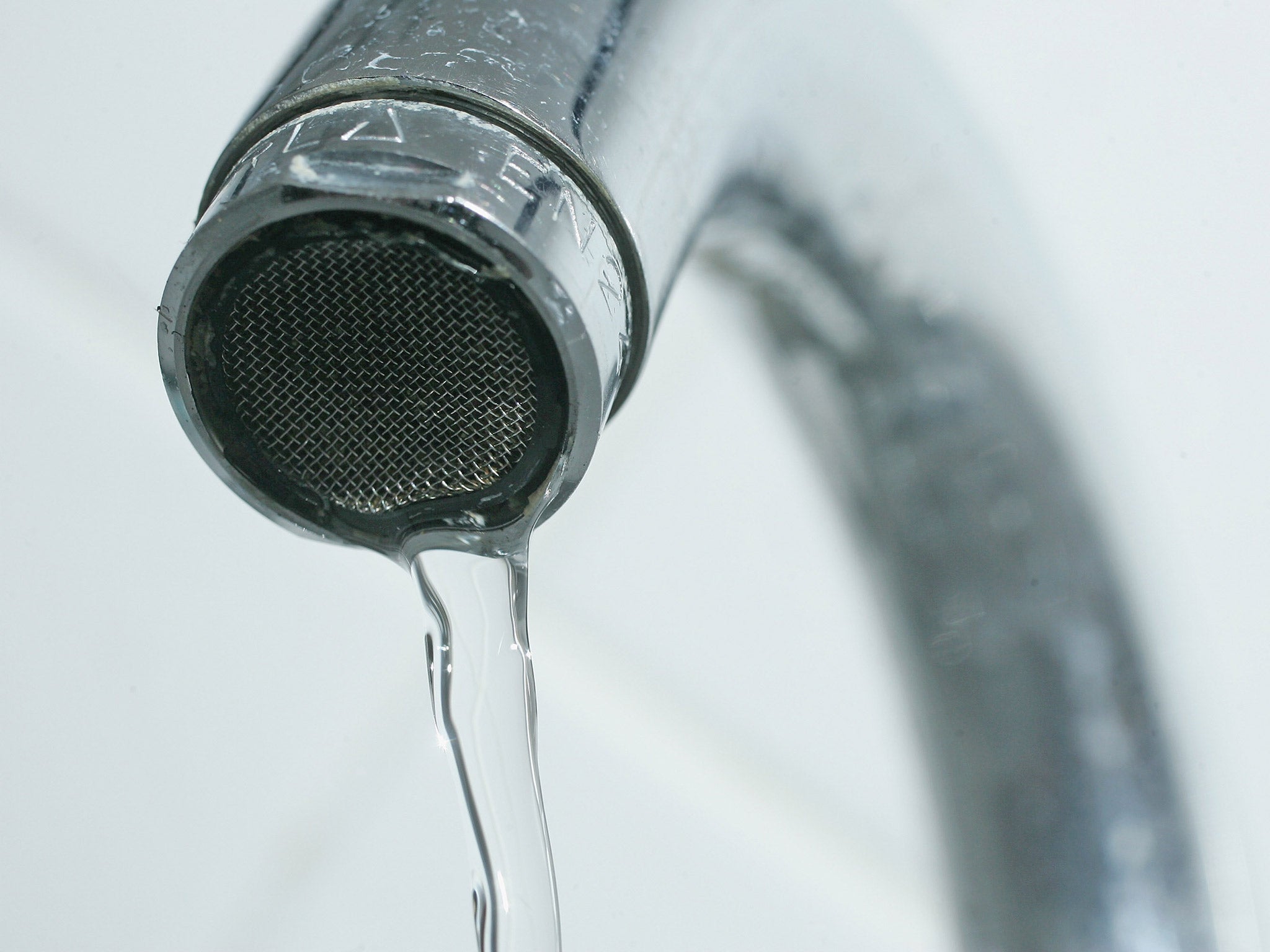What is the point of a regulator if water companies can overcharge customers £1.2bn?
All we can do is plead for a regulator capable of keeping these voracious private companies under control

Of all the privatisations carried out in Margaret Thatcher’s time, the one least popular with the public was the sell-off of 10 publicly owned water authorities to private companies. Government ministers defended the sale by explaining that rain did not simply fall from the sky and find its own way to where it was needed. They rightly pointed out that it requires a huge industry to get clean water through the tap into the home or the workplace and to take away dirty water and sewage, clean it, and pump it back again. The argument put forward at the time of privatisation, in 1989, was that private companies could carry out this work more efficiently.
This was a triumph of ideology over common sense. Though it is true that companies that compete in the marketplace have to be more efficient to survive, there is no market pressure on water and sewage companies. The customer cannot choose the supplier. Who they get depends on where they live: if it is Cornwall, it is South West Water; in Wales it is Dwr Cymru; in the North-west of England it is United Utilities, and so on.
Nor can the customer haggle over price: they pay what the companies charge, or risk having their water supply turned off. To mitigate that problem, the government created Ofwat in 1989, a quango whose job is to set maximum prices and thus protect customers from being fleeced by these monopolies.
But try this for a pub quiz question. Can anybody name anyone who is now or has ever been on the board of Ofwat? What kind of experience do Ofwat’s board and staff bring to the task of trying to control huge multinational companies? It would be a rare day indeed when you encounter anyone who knows the answer. No doubt Ofwat is run by honest public servants doing their best, but when a water company with its army of lawyers and accountants claims that it must raise prices to pay for the vital upkeep of drains and water pipes, is anyone at Ofwat in a position to gainsay them?
To judge from the latest report from the Public Accounts Committee, the answer is no. Ofwat has allowed water charges to rise every year on average by 0.5 per cent above inflation. For the poorest customers, the water bill now takes 5.3 per cent of their total income, compared with 2.3 per cent before the recession.
This has happened because Ofwat has been “consistently overestimating” the costs the companies have to bear, and has allowed them to make excess profits of at least £1.2bn in the past five years. The City has a better grasp of reality than Ofwat: untouched by the recession which has plagued most private companies, the privatised water companies have seen their share value soar by 50 per cent in five years.
City traders understood that water companies could not fail to make money even during a downturn, because their captive customers have no choice but to pay. Ofwat says that the problem of overcharging arises from decisions made six years ago, and the water companies are being given a tougher time now.
The water industry should never have been privatised in the first place. In the old days before privatisation, some of the state-owned utilities, such as the telephone network or the gas boards, were notoriously bad at serving their customers, but there is no evidence of any great public dissatisfaction with the service people received from the nationalised water boards. And being public authorities, they were to some extent subject to local democratic control.
Since we are now compelled to accept the service we are given from private companies who answer to no one except Ofwat, all we can do is plead for a regulator capable of keeping voracious private companies under control.
Join our commenting forum
Join thought-provoking conversations, follow other Independent readers and see their replies
Comments
Bookmark popover
Removed from bookmarks